Service hotline
+86 0755-83044319
release time:2024-08-29Author source:SlkorBrowse:6469
In the realm of consumer electronics, Battery Management plays a crucial role in ensuring the efficiency and longevity of battery-powered devices. This article delves into the essentials of Battery Management, providing procurement and engineering teams with in-depth knowledge necessary for effective implementation and optimization.
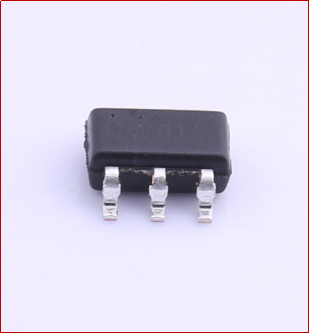
What is Battery Management?
Battery Management refers to a system or technology used to monitor and control the performance of a battery. It includes processes and components designed to manage the battery's charging and discharging cycles, ensuring safety, efficiency, and longevity. The primary functions of Battery Management involve balancing cells, monitoring temperature, and protecting against overcharging or deep discharging. Understanding what Battery Management entails is fundamental for maintaining optimal performance in electronic devices.
The evolution of Battery Management systems has been driven by advancements in technology and the increasing demand for efficient energy storage solutions. Early Battery Management systems were relatively simple, focusing primarily on basic charge and discharge functions. Over time, the development of more sophisticated systems has introduced features like cell balancing, real-time monitoring, and advanced safety mechanisms. These advancements have significantly improved the reliability and efficiency of batteries used in consumer electronics.
When evaluating Battery Management systems, several key characteristics must be considered to ensure optimal performance:
Key parameters of Battery Management systems include:
The role of Battery Management is multifaceted, encompassing several critical functions:
Battery Management systems are essential in various applications, including:
Leading manufacturers of Battery Management systems include:
For more detailed information on Battery Management systems, visit the Analog Devices Battery Management Systems Overview.
Understanding Battery Management is essential for procurement and engineering teams working with battery-powered devices. This article has provided a comprehensive overview of the definition, development history, characteristics, parameters, roles, applications, and leading manufacturers of Battery Management systems. By focusing on these aspects, teams can make informed decisions that enhance the performance, safety, and longevity of their products.
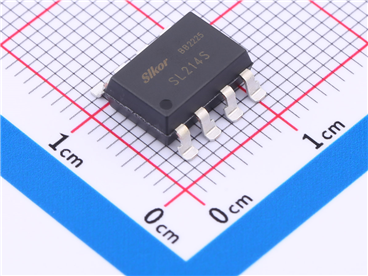
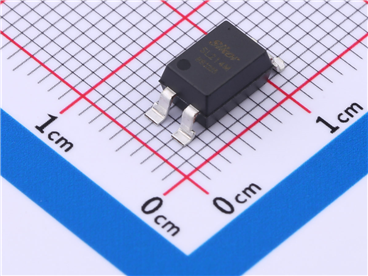
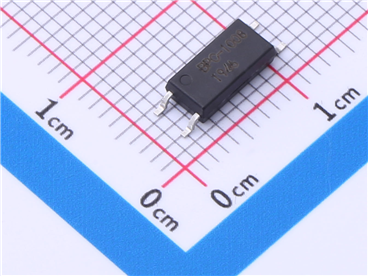
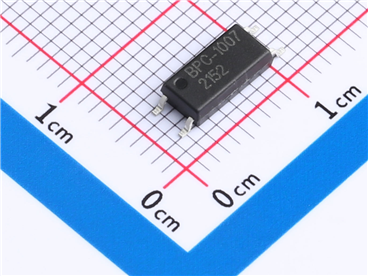
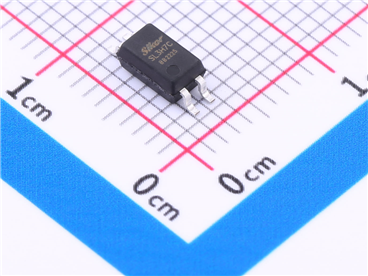

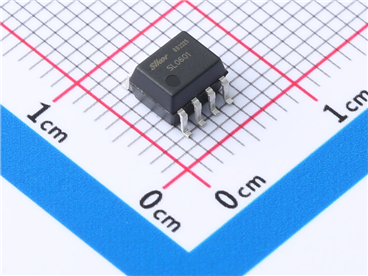


Site Map | 萨科微 | 金航标 | Slkor | Kinghelm
RU | FR | DE | IT | ES | PT | JA | KO | AR | TR | TH | MS | VI | MG | FA | ZH-TW | HR | BG | SD| GD | SN | SM | PS | LB | KY | KU | HAW | CO | AM | UZ | TG | SU | ST | ML | KK | NY | ZU | YO | TE | TA | SO| PA| NE | MN | MI | LA | LO | KM | KN
| JW | IG | HMN | HA | EO | CEB | BS | BN | UR | HT | KA | EU | AZ | HY | YI |MK | IS | BE | CY | GA | SW | SV | AF | FA | TR | TH | MT | HU | GL | ET | NL | DA | CS | FI | EL | HI | NO | PL | RO | CA | TL | IW | LV | ID | LT | SR | SQ | SL | UK
Copyright ©2015-2025 Shenzhen Slkor Micro Semicon Co., Ltd